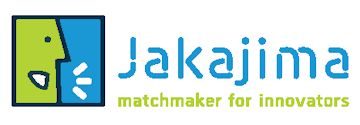3D-printing enables the production of tablets for individual patients at the point-of-care, such as a hospital pharmacy. The quality of these tablets needs to be guaranteed, but conventional, destructive quality control is not feasible due to the small batch sizes. Non-destructive analytical methods, such as near-infrared and Raman spectroscopy, are necessary to predict the drug content in personalized tablets. This presentation will focus on the suitability of these analytical methods for use in clinical practice, specifically for drug content prediction of lipid semi-solid extrusion 3D-printed personalized tablets.
 | 30-31 January 2025 |  |
|||||
A presentation by Iris Lafeber, PhD researcher at Leiden University Medical Center.
About Iris Lafeber
Iris is a PhD researcher at the department of Clinical Pharmacy and Toxicology at the Leiden University Medical Center. She conducts her research in de Drug Discovery and Development research group under supervision of prof. dr. Henk-Jan Guchelaar and dr. Kirsten Schimmel. The focus of her research is on the implementation of 3D-printed tablets in clinical practice, including drug product and technical development, quality control and a clinical trial.
About Leiden University Medical Center
The Leiden University Medical Center (LUMC) is a university medical center (umc). It has an active and innovative role in healthcare: regional, national and international. The LUMC has three core values: patient care, research and training healthcare professionals (education).
For more information, go to the website.
Iris Lafeber will speak at the 2023 edition of the 3D Medical Conference.

